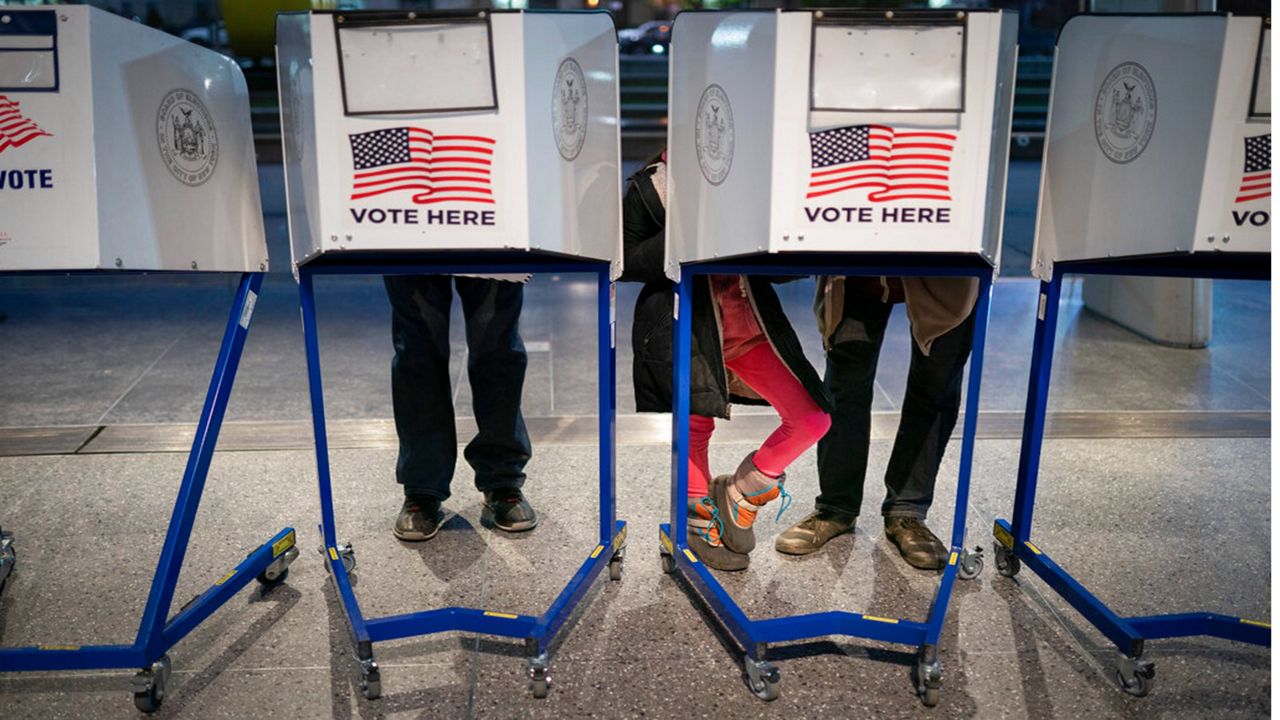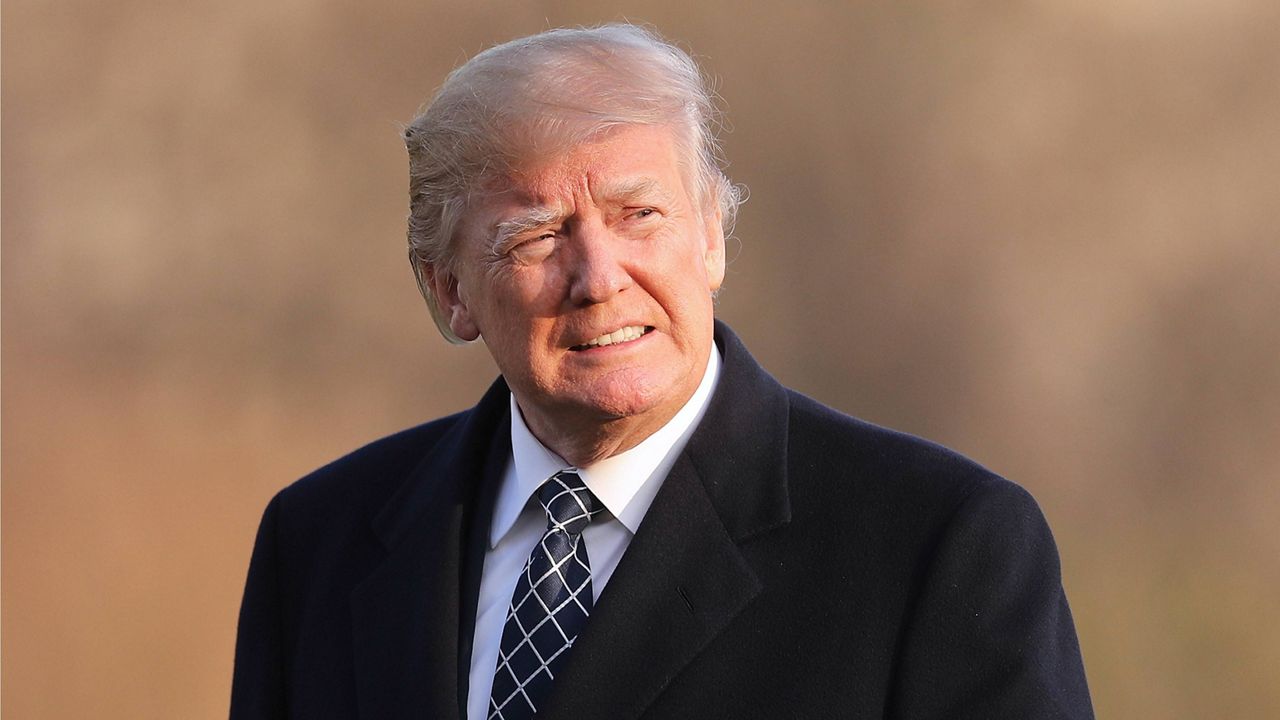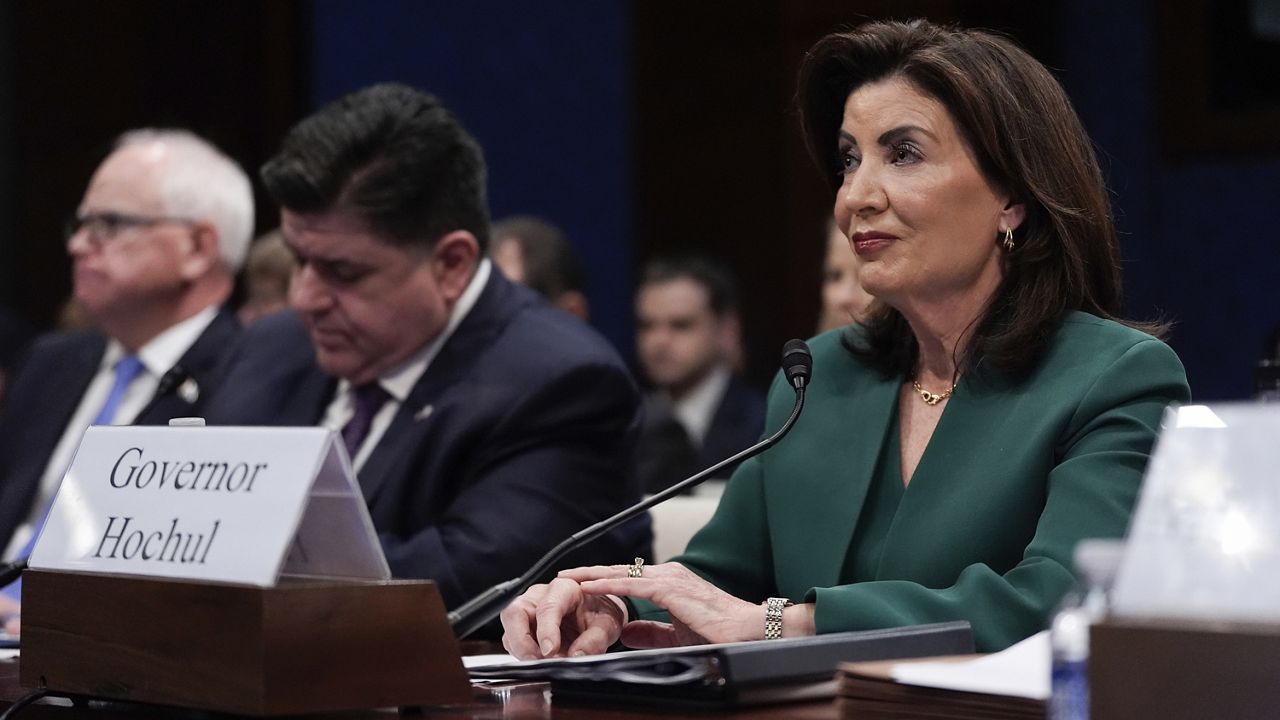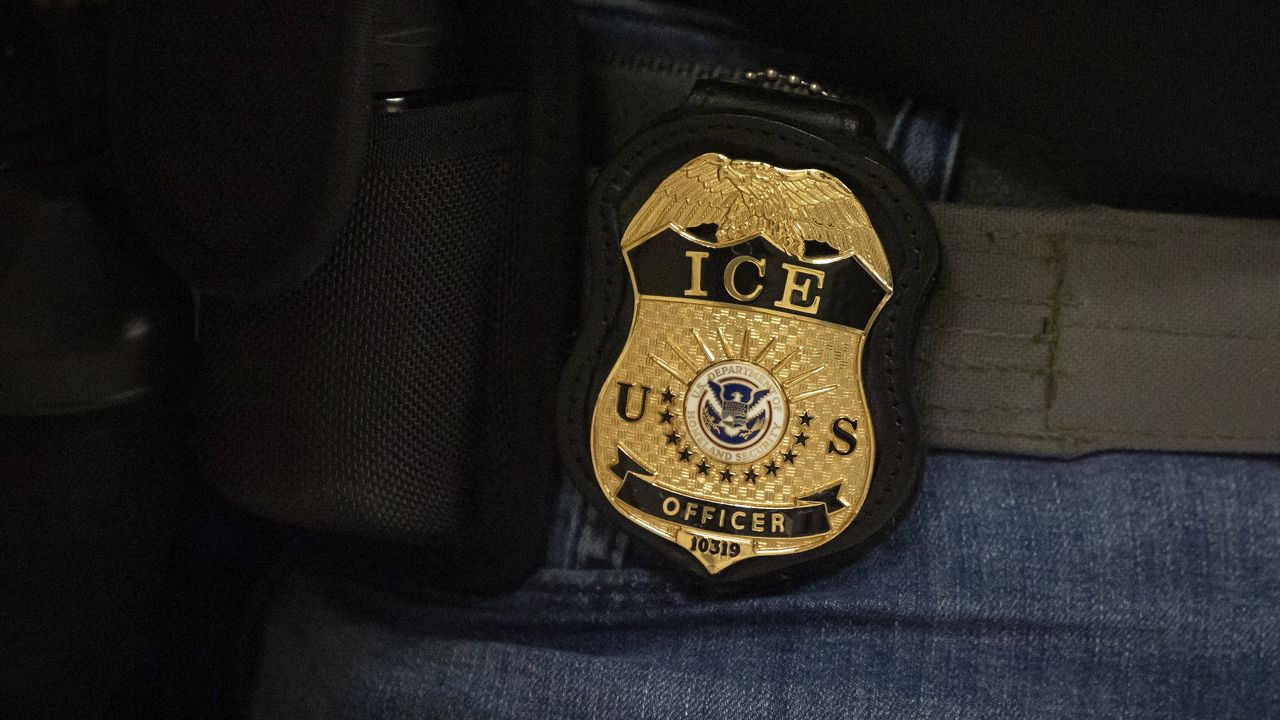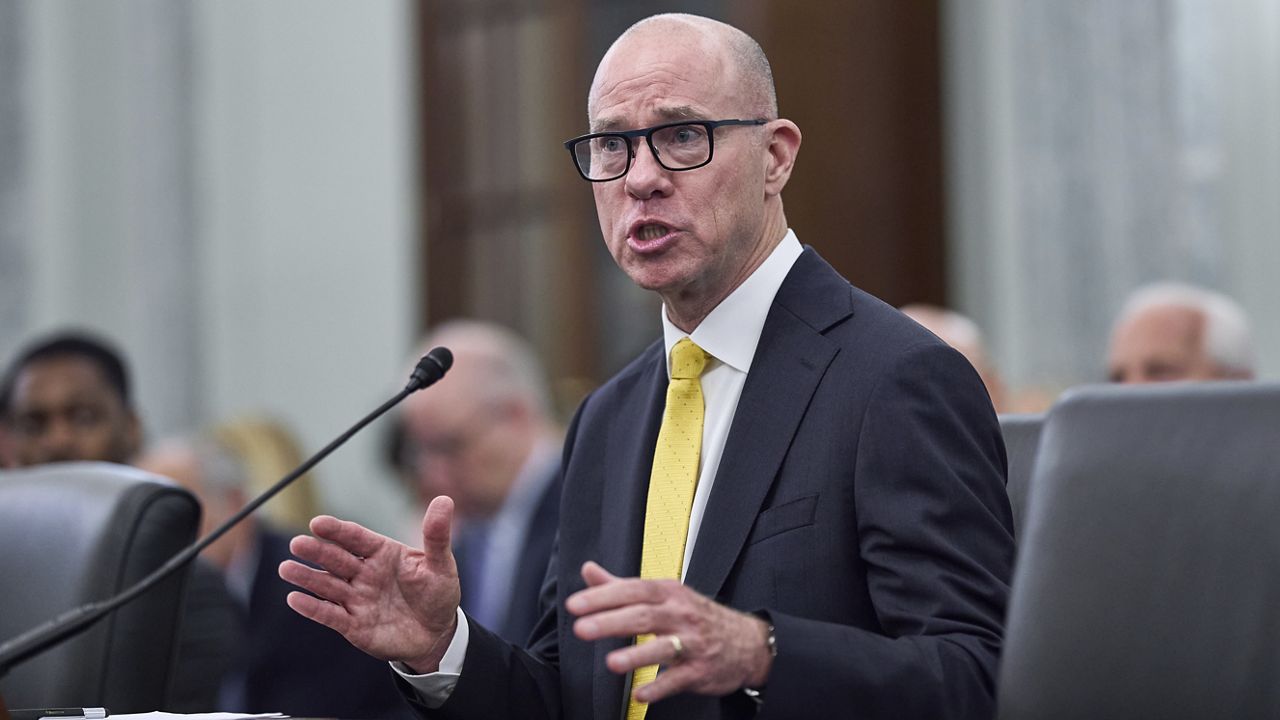A coalition of 20 national organizations and civil rights leaders in a letter to top Democrats in the state Legislature and Gov. Kathy Hochul to move forward with a system of publicly financed campaigns as lawmakers discuss a potential two-year delay.
The letter released Monday is the latest pressure point for Democrats in Albany over whether the program should be put on hold as new district boundaries for the state Assembly are being considered, giving an added dash of uncertainty for incumbent lawmakers.
"As the 2024 election cycle kicks off, it is essential that New York’s lawmakers implement and finance the public matching fund this year to give candidates and the public confidence that the new system can be relied upon," the letter states. "We believe that New York’s leaders are up to the task and that any disagreements can be resolved without need for delay. We look forward to your swift action on this matter."
Supporters also pointed to the successful implementation of similar public campaign financing programs in Connecticut and Maine as well as in Washington, D.C., Denver and Baltimore.
The letter was signed by figures like former NAACP President Ben Jealous as well as Maya Wiley, a former candidate for New York City mayor. Progressive organizations like the Center for Popular Democracy and End Citizens United are backing the push as well as good-government groups like the League of Women Voters of the United States and the Brennan Center.
The letter was released by Stand Up America, a voting-rights organizations founded by Sean Eldridge, a Democratic former candidate for the U.S. House.
The public financing of elections has long been a goal of good-government organizations in New York as a means of reducing the influence of money in politics. The program would create a matching fund for candidates to receive public dollars based on contributions of up to $250.
Hochul's $227 billion budget proposal included $25 million for the public financing fund as well as money to help with administrative costs. But some lawmakers are debating whether to delay its implementation this year amid concerns over the specifics of the matching provisions as well as the vulnerability some incumbents may face in the state Assembly with new district lines.
The state budget is expected to pass by April 1.




